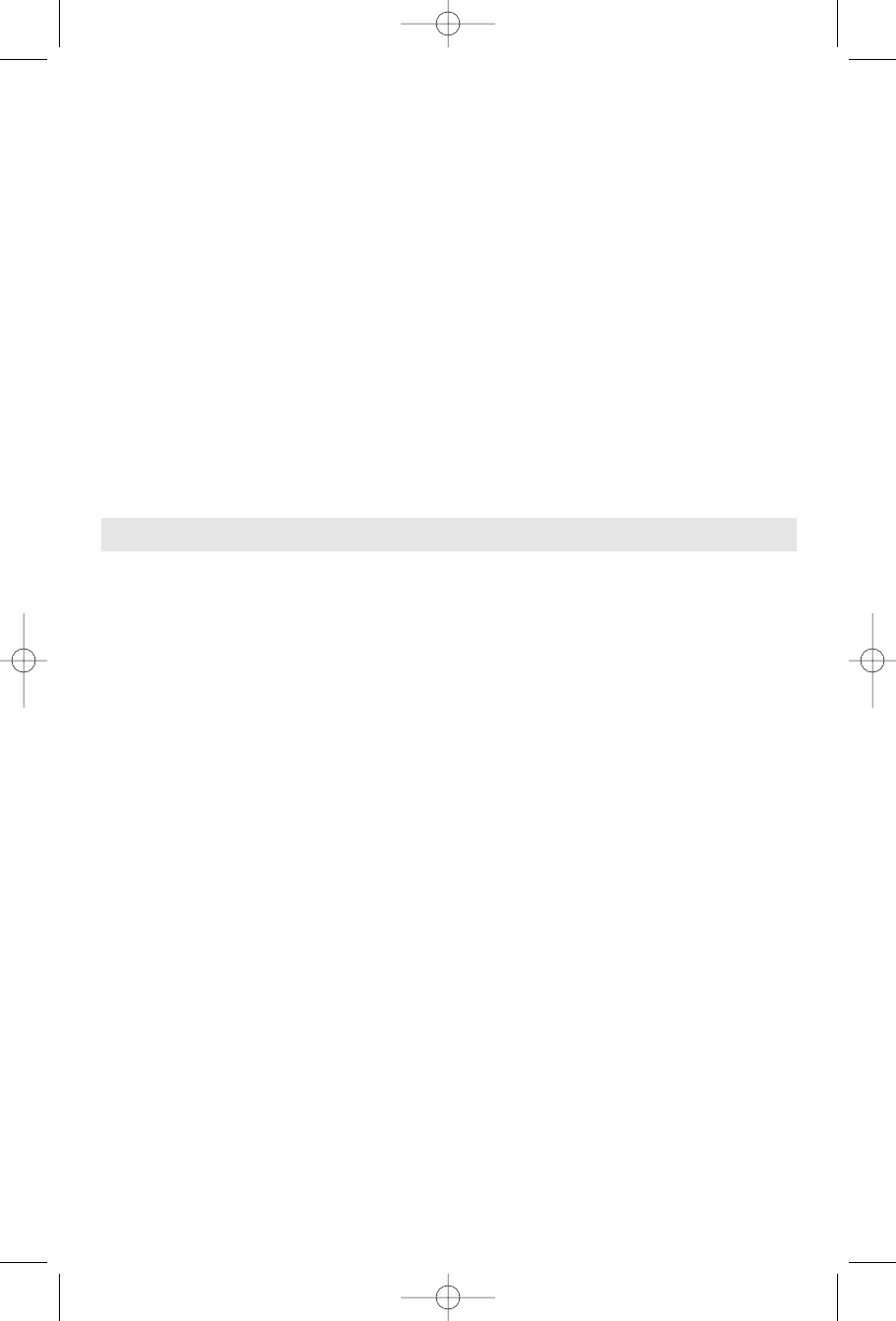
-3-
Safety Rules for Cordless Drills/Drivers
Maintain tools with care. Keep cutting
tools sharp and clean.
Properly maintained
tools with sharp cutting edge are less likely to
bind and are easier to control.
Check for misalignment or binding of
moving parts, breakage of parts, and any
other condition that may affect the tool's
operation. If damaged, have the tool
serviced before using.
Many accidents are
caused by poorly maintained tools.
Use only accessories that are
recommended by the manufacturer for
your model.
Accessories that may be
suitable for one tool may create a risk of
injury when used on another tool.
Service
Tool service must be performed only by
q
ualified repair personnel.
S
ervice or
maintenance performed by unqualified
personnel may result in a risk of injury.
When servicing a tool, use only identical
replacement parts. Follow instructions in
the Maintenance section of this manual.
Use of unauthorized parts or failure to follow
Maintenance Instructions may create a risk of
shock or injury.
Hold tool by insulated gripping surfaces
when performing an operation where the
cutting tools may contact hidden wiring.
Contact with a “live” wire will make exposed
metal parts of the tool “live” and shock the
operator.
Do not drill, fasten or break into
existing walls or other blind areas where
electrical wiring may exist. If this situation is
unavoidable, disconnect all fuses or circuit
breakers feeding this worksite.
Always hold the tool with both hands. If
the bit jams two hands will give you
maximum control over torque reaction or
kickback.
Always wear safety goggles or eye
protection when using this tool. Use a
dust mask or respirator for applications
which generate dust.
Secure the material being drilled. Never
hold it in your hand or across legs.
Unstable support can cause the drill bit to
bind causing loss of control and injury.
Disconnect battery pack from tool or
place the switch in the locked or off
position before making any assembly,
adjustments or changing accessories
.
Such preventive safety measures reduce the
risk of starting the tool accidentally.
Position yourself to avoid being caught
between the tool or side handle and walls
or posts.
Should the bit become bound or
jammed in the work, the reaction torque of
the tool could crush your hand or leg.
If the bit becomes bound in the
workpiece, release the trigger
immediately, reverse the direction of
rotation and slowly squeeze the trigger to
back out the bit.
Be ready for a strong
reaction torque. The drill body will tend to
twist in the opposite direction as the drill bit is
rotating.
Do not grasp the tool or place your hands
too close to the spinning chuck or drill
bit.
Your hand may be lacerated.
When installing a drill bit, insert the shank
of the bit well within the jaws of the
chuck.
If the bit is not inserted deep
enough, the grip of the jaws over the bit is
reduced and the loss of control is increased.
Do not use dull or damaged bits and
accessories.
Dull or damaged bits have a
greater tendency to bind in the workpiece.
When removing the bit from the tool avoid
contact with skin and use proper
protective gloves when grasping the bit or
accessory.
Accessories may be hot after
prolonged use.
Check to see that keys and adjusting
wrenches are removed from the drill
BM 1619X01517 03-06 3/30/06 3:20 PM Page 3


















